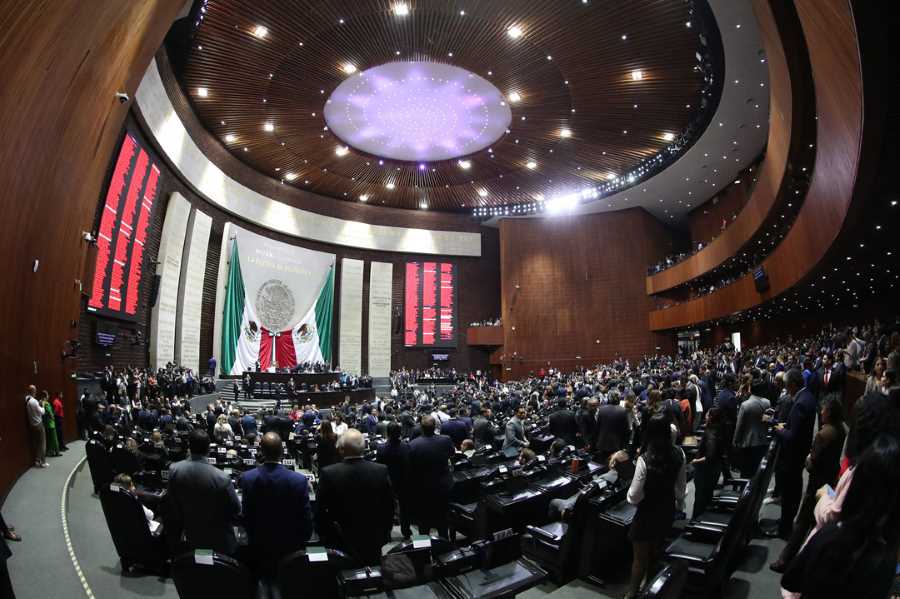The Key Figures Shaping Mexican Politics Today
The LXVI Legislature of the Chamber of Deputies has begun its mission, with Morena holding a qualified majority. The opposition, consisting of PAN, PVEM, PT, PRI, MC, PRD, and one independent deputy, has 136 seats.

The LXVI Legislature of Mexico’s Chamber of Deputies has officially embarked on its mission, ushering in what promises to be a defining chapter in the country’s political and legislative history. With a new configuration that stands out for its numerical clout and political alignment, the legislative narrative is already poised for bold moves. At its helm, the ruling party Morena commands an impressive 257 deputies, supported by a cohort of allies—71 from the PAN, 60 from the PVEM, 47 from the PT, and 36 from the PRI. Also in the fray are 27 from MC, a solitary member from the PRD, and one independent voice.
Yet, beyond the numbers, it’s the machinery of parliamentary dynamics that intrigues. Morena, with its absolute majority, has set the stage to wield substantial legislative influence. However, the real allure lies in the coveted qualified majority—an instrument essential for passing constitutional reforms. With 364 seats, the official bloc holds a firm grip on this majority, offering it significant latitude for sweeping changes. Meanwhile, the opposition, with 136 members, remains watchful, bracing for the legislative storms that may soon follow.




